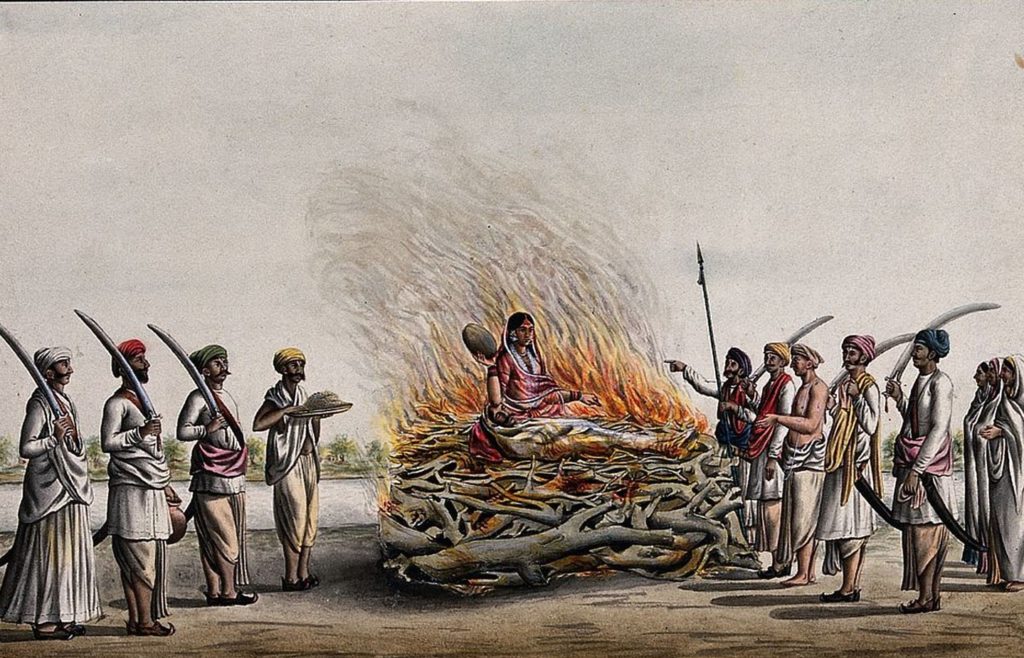Sacred Rituals Tied to Nature and Agriculture delve into the profound connections between humanity and the environment. These rituals, often steeped in tradition, highlight the integral role that agriculture plays in shaping cultural identities and fostering a sense of community. Throughout history, various societies have developed unique practices to honor the earth, celebrate harvests, and ensure the balance of natural ecosystems.
From ancient ceremonies that mark the changing seasons to modern festivals celebrating sustainable farming, these rituals serve as a reminder of our dependence on nature. They encapsulate the wisdom passed down through generations, emphasizing respect for the land and its resources. Engaging with these sacred practices allows us to better understand the cultural significance of agriculture and its impact on our lives, encouraging a deeper appreciation for the environment.
As we navigate through our increasingly interconnected world, the beauty of cultural diversity stands out as one of humanity’s most incredible aspects. Our planet is home to a vast array of cultures, each with its own unique traditions, languages, beliefs, and artistic expressions. In this post, we will delve into the importance of cultural diversity, explore some fascinating examples, and discuss how embracing these differences enriches our lives.
What is Cultural Diversity?
Cultural diversity refers to the variety of cultural expressions that exist within a specific community or the world at large. This concept encompasses not only language and customs but also the values, beliefs, and social practices that define different groups. It’s a beautiful mosaic of humanity, showcasing how distinct cultures can coexist and influence each other in various ways.
The Importance of Cultural Diversity
Embracing cultural diversity offers numerous benefits that extend beyond mere appreciation of different ways of life. Here are a few key reasons why cultural diversity is essential:

- Fosters Innovation and Creativity: When diverse cultures come together, they create a fertile ground for innovation. Different perspectives can lead to new ideas and solutions, making collaborative projects more dynamic and successful.
- Encourages Empathy and Understanding: Exposure to various cultures helps break down stereotypes and prejudices. Learning about others’ experiences fosters empathy, allowing us to connect with people on a deeper level.
- Strengthens Communities: Culturally diverse communities tend to be more resilient. They bring together a wealth of knowledge and experiences that can support one another and thrive in the face of challenges.
- Enriches Education: A culturally diverse curriculum is beneficial for students. It broadens their understanding of the world, promotes critical thinking, and prepares them to work in a globalized society.
Exploring Cultural Diversity Around the World: Sacred Rituals Tied To Nature And Agriculture
The world is filled with fascinating cultures, each offering its own unique flavor. Let’s take a quick tour around the globe to highlight some incredible cultural practices that showcase this diversity:

1. India: The Land of Festivals
Known for its vibrant festivals, India celebrates a plethora of cultural events throughout the year. From Diwali, the festival of lights, to Holi, the festival of colors, each celebration is steeped in tradition and meaning. These festivals not only highlight India’s rich heritage but also promote unity among its diverse population of over 1.3 billion people.
2. Japan: The Art of Tea Ceremony
The Japanese tea ceremony, or “chanoyu,” is a traditional ritual influenced by Zen Buddhism. It emphasizes harmony, respect, purity, and tranquility. The meticulous preparation and presentation of tea reflect an appreciation for beauty and nature, showcasing Japan’s cultural values.
3. Mexico: A Blend of Cultures, Sacred Rituals Tied to Nature and Agriculture
Mexican culture is a vibrant fusion of Indigenous traditions and Spanish colonial influences. Celebrations like Día de los Muertos (Day of the Dead) demonstrate this blend beautifully, honoring ancestors with colorful altars and festivities that celebrate life and death.
4. Nigeria: A Tapestry of Ethnic Groups
Nigeria is home to over 250 ethnic groups, each with its own languages and customs. The diversity is evident in its arts, music, and cuisine. The annual Lagos Carnival exemplifies Nigeria’s rich cultural heritage, where different tribes come together to showcase their vibrant costumes and traditional dances.
Promoting Cultural Appreciation
Understanding and appreciating cultural diversity is essential for fostering a more inclusive society. Here are some ways you can promote cultural appreciation in your daily life:
- Learn a New Language: Language is a crucial aspect of culture. Learning a new language can open doors to understanding different ways of thinking and expressing emotions.
- Attend Cultural Events: Participate in local cultural festivals or events. This is a great way to experience different traditions firsthand and meet new people.
- Explore Global Cuisine: Food is a universal language. Try cooking dishes from different cultures or visit restaurants that offer international cuisine.
- Read Diverse Literature: Literature reflects cultural narratives. Reading books from authors of various backgrounds can provide insights into their experiences and perspectives.
Conclusion
Cultural diversity is not just about acknowledging our differences; it’s about celebrating them. In a world that often seems divided, embracing diverse cultures can lead to greater understanding and harmony. So, let’s embark on this journey of exploration together, appreciating the rich tapestry of human experience that makes our world so vibrant. Remember, every culture has a story to tell, and by listening, we can learn and grow as individuals and as a society.
Expert Answers
What are sacred rituals?
Sacred rituals are traditional practices that hold spiritual significance, often aimed at honoring nature and agricultural cycles.
How do rituals impact agricultural practices?
Rituals can enhance community cohesion, promote sustainable farming, and instill respect for the environment among practitioners.
Can modern agriculture benefit from sacred rituals?
Yes, integrating traditional rituals can encourage sustainable practices and foster a deeper connection to the land.
Are there universal themes in agricultural rituals?
Many agricultural rituals share themes of gratitude, respect for nature, and the celebration of seasonal changes.
How can I learn more about these rituals?
Exploring local cultural heritage, attending festivals, and studying ethnography can provide insights into sacred agricultural rituals.
Tinggalkan Balasan